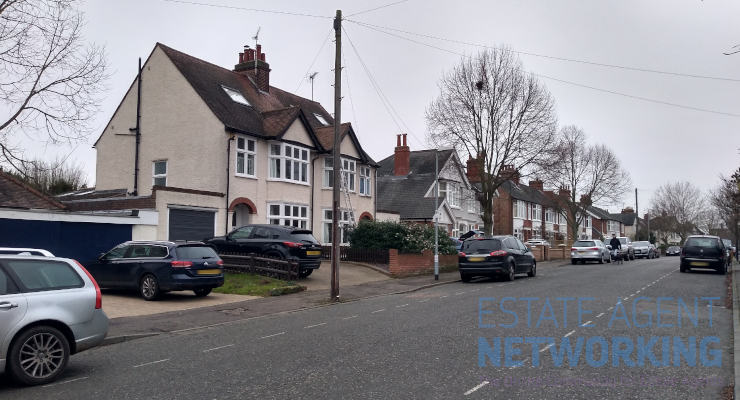What Costs to Keep in Mind when Buying a New Property
When buying a home, it’s not just the purchase price of the house you have to budget for. There are a whole host of other costs associated with buying a home, and they can take you by surprise if you’re not prepared.
Here are some of the largest and more important costs to keep in mind when buying a new property or a piece of land:
Deposit
For most homebuyers, the largest fee is going to be the deposit. Especially as the larger the deposit, the better interest rate you’ll typically secure. If you’re going to pay for your home for a longer period, it may be an excellent investment to shell out a sizeable deposit. This way, your succeeding payments will be more manageable.
The average deposit for first-time buyers in the UK is around 15%. For a £200,000 home, that means putting down £30,000. It’s not uncommon to buy a home with a 5% deposit though.
Thus, if you’re on a budget, consider how much you can pay upfront before purchasing a home. This will ensure you won’t fall short of the amount needed to secure the house you want.
Additionally, staying informed with property reports may give you an idea of how much the deposit is on potential homes you’re eyeing. This can help your calculation when computing first home buyer costs for a loan. Furthermore, it can provide you with information on the market value and environment of a property to see whether the asking price is reasonable or not.
Stamp duty
When buying land or property in the UK, you’ll have to pay stamp duty on purchases over £125,000. Unless you’re a first-time buyer, in which case you’ll not pay stamp duty on the first £300,000 for properties up to the value of £500,000.
There are some other rules and stipulations to take into account too. It’s advisable you use a stamp duty calculator or consult with a tax advisor for an accurate valuation.
Stamp duty starts at 2% for the £125,000-£250,000 price range, then scales up to 5%, 10%, and 12%. So, as you can see, it accounts for a sizeable chunk of your purchase costs. You’ll want to budget for stamp duty when deciding on how much you can afford.
Surveyor’s fees
Before you buy a home, you need to arrange for a surveyor to perform a detailed inspection of the property. This step is crucial, especially if you plan to settle in a home for an extended period. In addition, hiring a professional to check your potential property will ensure you’ll get what you’re paying for.
A property surveyor inspects a property for any signs of structural problems, minor and major repairs, and they’ll highlight anything that can impact your decision to buy the property or the estimated value. They may also point out any concerns or house features you may need to address after you’ve moved in. For instance, if the roof of a home seems damaged, the seller may not shoulder its repairs and instead put the maintenance expenses on the buyer.
You can typically expect a survey to cost between £300-£500. Although the price can keep rising depending on the size of the home and your exact specifications.
Valuation fees
Some lenders or mortgage products charge a valuation fee for commissioning a mortgage valuation.
A mortgage valuation is an inspection carried out by the lender to validate the home will provide suitable security to lend you the amount you’re asking for.
It’s often calculated on a small percentage of the home’s sale price and usually falls within £100-£1,000.
Solicitor and legal fees
You don’t need a solicitor by law to buy a house, but it’s strongly recommended. Solicitors oversee the whole process of buying a home and safeguard you against fraud, will pick up on anything that doesn’t seem right, and handle all of the legal paperwork. They’ll ensure all the necessary documentation and turnover are dealt with without any problem on your end. Likewise, they may help ease the purchasing process, especially when dealing with contracts or loan approval.
Their fees include a number of things, such as money transfer fees, carrying out local searches, handling all the paperwork, communicating with various other parties on your behalf, and more.
As a ballpark figure, you can expect to pay between £1,000-£1,500.
Land registry fees
You will need to inform and pay the Land Registry when you buy a new home to register the property under your name.
Your solicitor might factor this into their costs and take care of it for you, but it’s something to keep in mind and budget for either way.
Insurance
Your lender will require buildings insurance at the very least to protect your home against natural disasters, floods, fire, and so on. In some cases, this fee is a one-time payment you need to make once you buy a house. Alternately, some property insurance policies are charged regularly over a designated period.
You can add contents insurance and upgrade your cover depending on what level of insurance you feel comfortable with. This cost will usually start at around £100.









